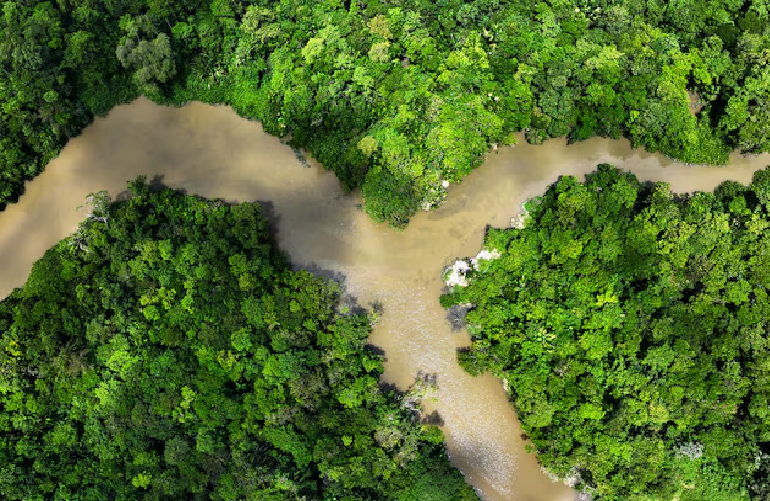Countries gather in Rome this week for a second crack at figuring out how to generate $200 billion a year to help preserve the world's biodiversity - and give a shot in the arm to global cooperation as the United States draws back.
Moves by Donald Trump since his inauguration in January to nix development funding have cast a shadow over the discussions and heap pressure on attendees, even though the world's biggest economy was not a formal signatory to the efforts.
After striking a landmark deal in 2022 to stop nature loss by 2030 - the Kunming-Montreal Global Biodiversity Framework - countries met in the Colombian city of Cali last October to hammer out how to pay for it.
While they agreed to set up a fund to collect money from companies that profit from the genetic data contained in nature - the 'Cali Fund' - negotiators failed to agree on who else should pay and how the money should be managed.
The need for action is acute, with vertebrate wildlife populations down 73% since 1970, the non-profit WWF has said.
Among the stickiest questions to answer is how to get richer countries in Europe and elsewhere to pay up to help their poorer peers when willingness to give grants or low-interest loans has been falling amid a wider cost-of-living crisis.
By the time the gavel fell in Cali, just $163 million had been pledged, a far cry from the $30 billion a year sought by the end of the decade. Major public finance pledges are not expected in Rome, but observers want more transparency about who is paying towards nature and how much.
The potential for a collapse of the Feb. 25-27 talks in Rome remains high, and would hamper efforts by Brazil to further integrate nature into the world's efforts to stop climate change when it hosts the next round of global climate talks in the Brazilian city of Belem in November.
While the United States is not a party to the U.N. Convention on Biological Diversity, the scale of recent policy changes could have a chilling effect on the willingness of countries to pledge money and support nature-friendly policies.
Oscar Soria, co-CEO of NGO The Common Initiative, a think tank focussed on global economic and environmental policy, said countries had to rise above the political tensions and that biodiversity finance had been ignored for too long.
"This could be a historic moment, if they choose ambition," he said. "The question is whether they will fight for the future like gladiators or let this opportunity slip away."
New sources of funding
Poor nations say it is the countries and companies who contribute most to biodiversity loss in the Global North who should pay the bulk, whereas rich countries including in Europe want growing middle-income countries such as those in the Gulf States and sovereign wealth funds to pay more.
Given the reluctance to give money away in the form of grants, pressure is rising to bring in other sources of funding, for example through development bank lending, domestic resources and the private sector.
At the same time, countries will also discuss how to divert $500 billion a year they estimate is spent on subsidies and other incentives that help fund projects that harm nature, into nature-friendly activities.
Nations must also decide where any money raised should be housed, with the potential for a new fund to be created or for countries to use an existing fund, such as the Global Biodiversity Framework Fund, run by the Global Environment Facility (GEF).
While Europe is happy for any money to be managed by the GEF, countries including the Democratic Republic of Congo, Brazil and others have argued for a fresh system over which they could have more say.
With no side events at this week's conference, fewer businesses are likely to attend. The Cali Fund, however, is expected to be formally launched although it is unclear if the first financial commitments will be announced.





















































